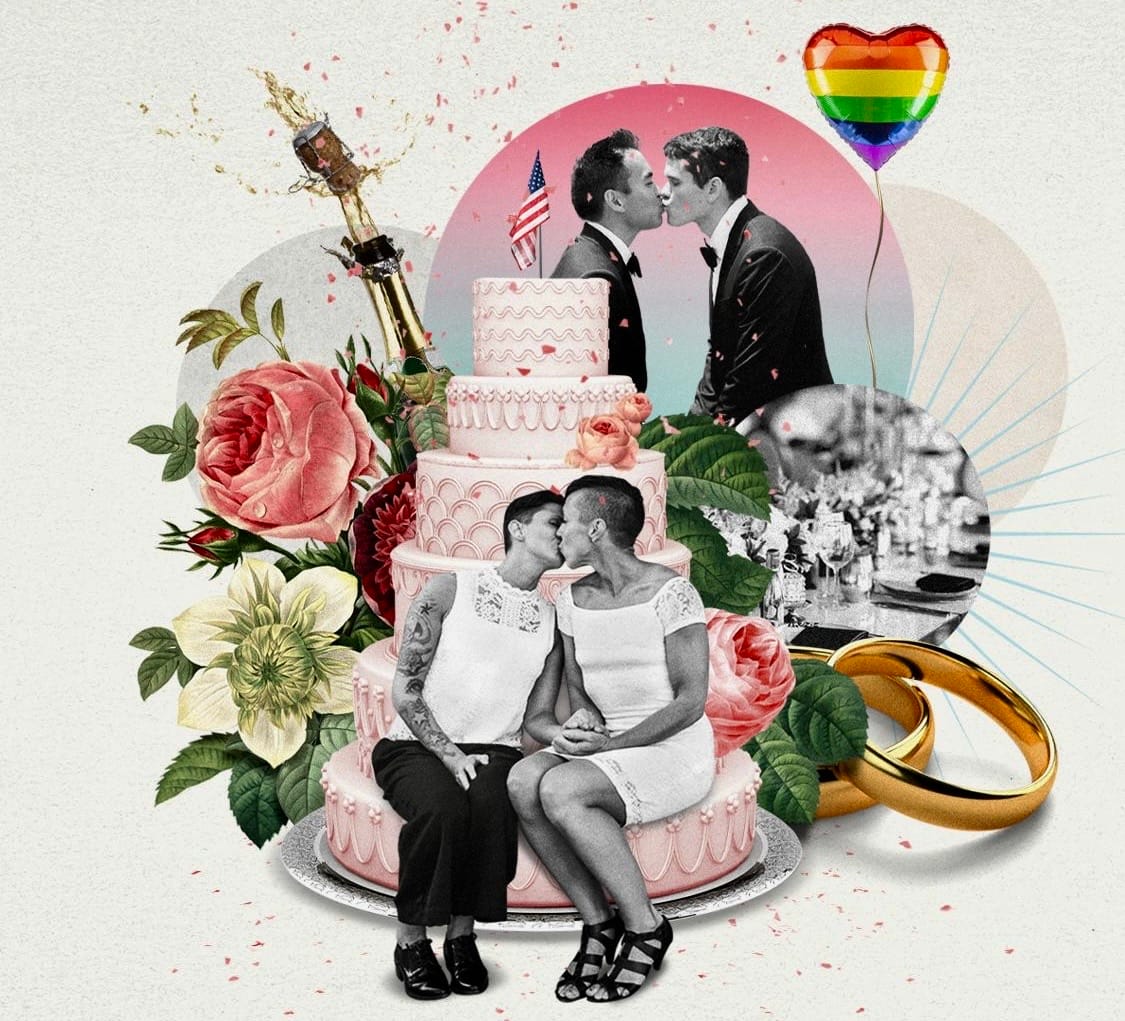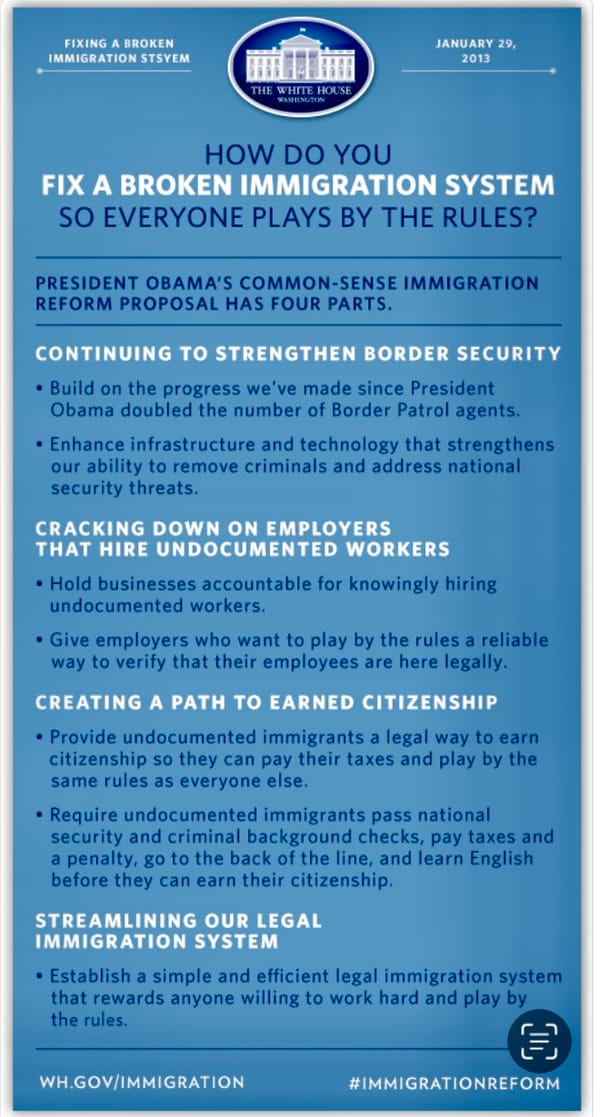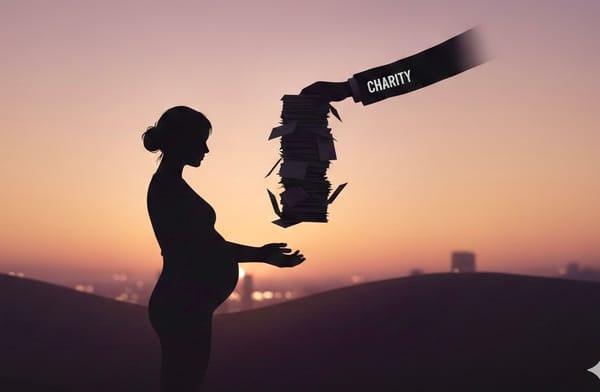Why redefining gay marriage may be necessary
Kenyatta’s bill would redefine marriage as a civil contract between two adults.

After more than a decade of marriage equality, Pennsylvania Democrats are worrying that same-sex marriage is under attack, and are preparing a bulwark of protection.
State Rep Malcolm Kenyatta, who has been married since 2022 to Matthew Jordan-Miller, has again introduced a Marriage Equality Act, according to reporting in the Inquirer.
The need for the law, supporters believe, is to provide protection should the U.S. Supreme Court overturn Obergell v. Hodges, the 2015 ruling that legalized same-sex marriage nationwide. Same-sex marriage has been legal in the Quaker State since 2014.
The Democratic-majority Pennsylvania House passed the bill 133-68 last year, with 32 Republicans supporting, but the GOP-run state Senate did not call for a vote.
Kenyatta’s bill would redefine marriage as a civil contract between two adults.
Which is where I was as early as 2010, when same-sex marriage became a raging issue.
While I consider myself a gay ally, I did not believe a majority of Americans were ready for tradition-shattering gay marriage.
Gallup agreed with me. In 1996, only 27% approved, and it wasn’t until 2011 a slim majority was on board, and by 2012 stood around 60%.
It was the most astonishing turnaround in my memory.
There are lots of reasons why, but I feel two important explanations were the wild popularity of the gay-themed “Will & Grace” NBC series that normalized and humanized gay characters, plus Ellen DeGeneres coming out on her ABC sitcom “Ellen,” which quickly tanked, but was followed by her hugely successful rebound as host of national talk show.
Back then, almost everyone loved Ellen. She took an enormous risk by coming out, but eventually prevailed.
I have gay friends whom I love dearly, and want them to be happy (if marriage makes one happy).
I could also see the counter argument, that marriage had always been between one man and one woman.
Why was that? Because marriage had always been the province of the church, meaning religion.
That struck me as discongruous.
Most people are married with the aura of religion, but many select civil, nonreligious, ceremonies.
Then, as now, I was a centrist and proposed something of a compromise, mostly because I wrongly thought most Americans would not go for “marriage” between gays.
What I proposed was a civil contract between two people, “same as marriage," but without the M-word.
Americans’ attitiudes toward gay marriage changed more rapidly than I could have imagined, and then the Supreme Court enshrined it.
And now, with fears that the Supremes may reverse themselves, Kenyatta is proposing legislation, yes, that would redefine marriage in Pennsylvania as a civil contract between two adults.
Personally, I am happy with gay marriage, but I support Kenyatta’s bill, which embraces my old position, as a safeguard against a Supreme Court U-turn.



